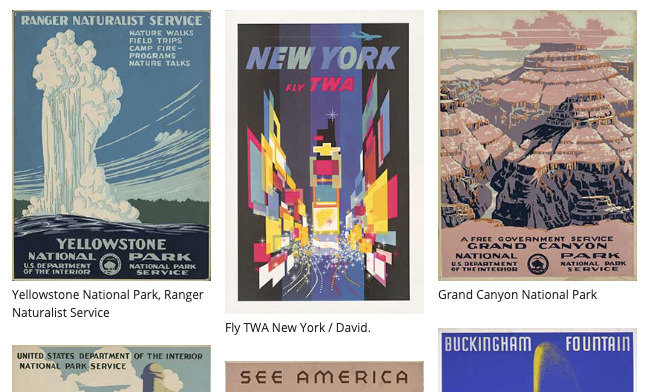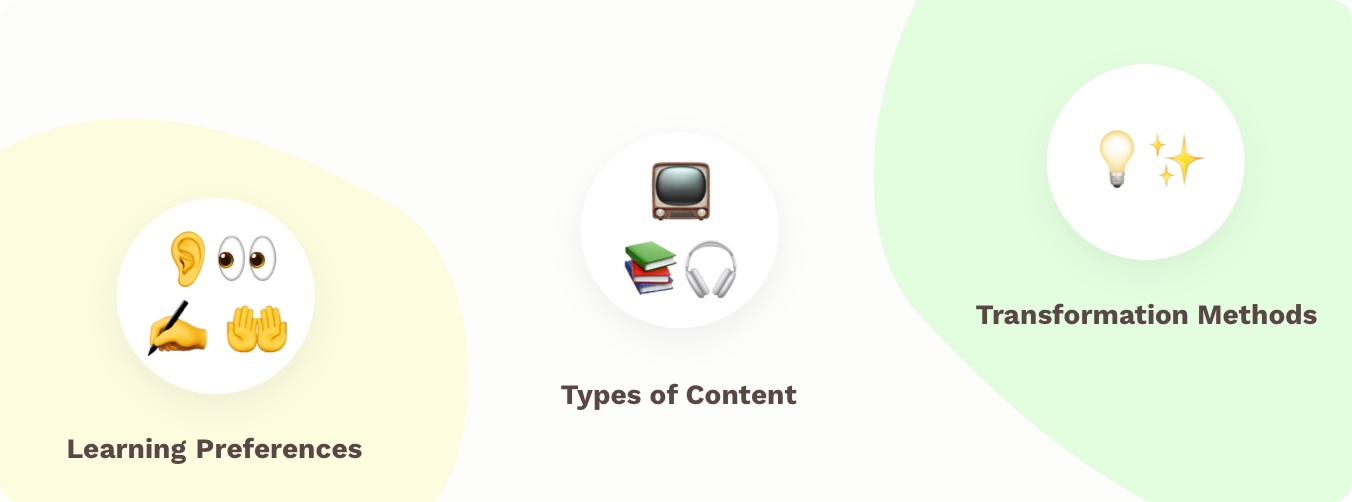🗃️ You’re viewing an archived issue of our newsletter, The Pipette. View all issues.
Escaping the Algorithm – Public Domain Media, People You Know, and the Small Web
Jul, 2024
$.00 PER COPY
👋 This is The Pipette – a monthly newsletter for product builders with links so good their ideas warrant a reply, a forward, or even a discussion in real life.

The Library of Congress’ Travel Posters collection.
- Design – With millions of free-to-use images and media in the public domain, the Library of Congress is considered the most extensive library in the world. Whether you’re looking for something specific or want to stroll through their “Free to Use and Reuse” collections, it’s a fascinating corner of the Internet. PS – we used it to find a featured image for Grey’s Content Transformations article.
- Marketing – While written with SaaS products in mind, Justin Jackson’s advice to write 100 emails to people you know can be applied to many launches. We love it because it forces you to put actual effort into your communications, practice your pitch, and create channels for 1:1 feedback while using tools that everyone has: a spreadsheet and an email client.
- Leadership – Anil Dash, an early web entrepreneur and activist, put together a deep dive into boards of directors: how they function, how you get in the room, common pitfalls, and more. All of this is based on his extensive personal experience serving on them (he was on Stack Overflow’s board for a decade and is currently on the board for the Electronic Frontiers Foundation, Medium, and several other diverse organizations).
- Workforce – Some companies use AI to process applications at scale (which introduces various issues, including filtering out qualified candidates). Jobscan wants to help applicants by optimizing resumes with that context in mind. They suggest general changes and changes tailored to a specific position’s requirements to improve your chances of getting into the “call” pile.
- Logic – A very bookmarkable site, FallaEasies explains logical fallacies (for example, ad hominem, attacking a person instead of their argument) in simple terms with an easy-to-use interface.
- Productivity – Do you tend to learn best when something is in a particular format? Our latest article covers learning preferences, content formats, and how to use technology to make learning a more effortless and well-rounded experience.

- Internet – Search engine Kagi’s Small Web project showcases the Web as it used to be – expressive, creative, and personal. Read about why they chose to take this on (especially from a search engine perspective) and the multiple ways you can explore the Small Web.